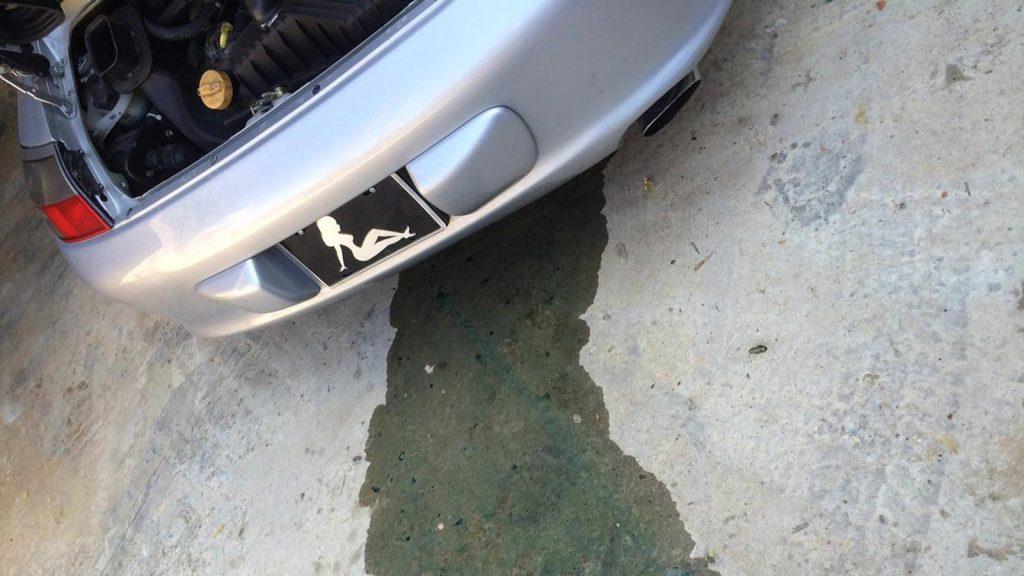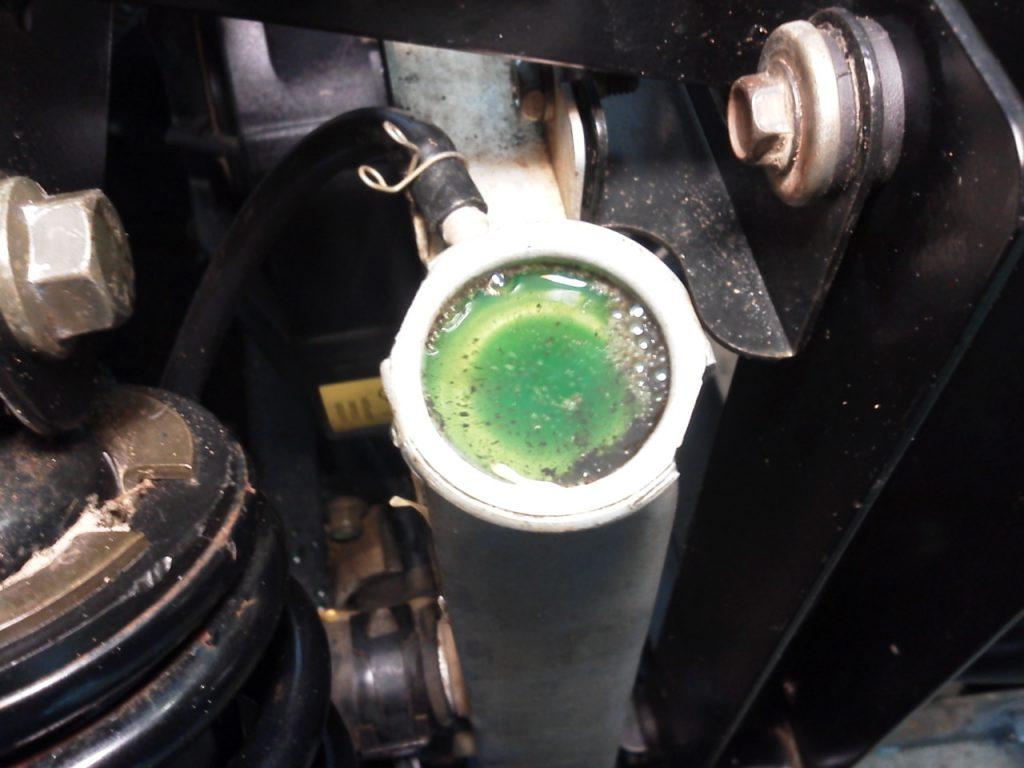The coolant inside your car plays a vital role by keeping all the parts functioning at optimum temperature and improving the engine performance. At times, a small coolant leak might happen, which is repairable without spending too much time or money.
However, if the leak is not kept in check until the coolant system empties, it can be quite expensive to handle the repairs. Vehicle owners need to remember that having coolant in engine oil is never a good idea for the car.
Let us understand as to what will happen once the coolant leaks into the engine oil. The coolant is a useful element in your car to keep it cool. However, it can become a source of headache if it leaks into the engine.
Contents
How To Handle Leak Of Coolant In Engine Oil
In case, there is a slight loss of coolant in the car then your vehicle can overheat and break down. It would leave you stranded in the middle of the road. However, if the coolant does happen to leak into the engine oil, then the damage would be costly to repair.
On the other hand, if you try to drive the vehicle without coolant, then there is a high chance that it would damage the heat gasket.
Apart from your car being left in the mechanic shop for repair, there would be a big repair bill waiting for you.
The worst-case scenario is that the car engine would completely break down and need a complete replacement. You can browse online to find the best maintenance tips for smooth functioning of your vehicle.
We will help you understand what would happen in case there is coolant present in the oil of your vehicle.
1. Changes In Lubricant
The mixing of coolant and engine oil can completely change the properties of the lubricant. Antifreeze would lead to thickening of the oil, and stop it from flowing as smoothly as before.
It further moves to other parts of the engine, which require a less thick fluid for lubrication and protection.
Due to the leaking of coolant in engine oil, it creates an acidic environment inside the oil thereby leading to internal corrosion of the system. Besides, the additives within the oil get compromised.

SEE MORE:
2. Oil Balls
Once there is coolant in oil, it leads to the formation of small oil balls. These balls size from 5 to 40 microns but can cause significant damage to your vehicle. These are abrasive and lead to surface erosion.
The most common area to check is the inside walls of the car cylinder where these balls cut and gouge the wall. They can quickly produce any surface fatigue and might even lead to lubrication failure.

FAQs
1. What is the cost to fix coolant in engine oil?
Repair costs vary based on the underlying problem. Replacing a head gasket can range from $1,700 to $2,200, including labor.
If you’re mechanically inclined, you can save on labor costs. The cost of replacing a cylinder head or engine block can be significantly higher, sometimes running into thousands of dollars.
2. Is it safe to use additives to fix this issue?
While head gasket sealers are marketed as temporary solutions, they can sometimes cause more harm than good. They should be used cautiously and are not a substitute for a proper mechanical repair.
3. How can I tell if there’s coolant in my engine oil?
- Milky or chocolate-colored oil: This is the most common sign. If your oil dipstick shows a brownish, frothy substance instead of the usual dark amber, it’s likely coolant contamination.
- Low coolant level: Check your coolant reservoir. A significantly lower level than usual could indicate leakage into the engine.
- White smoke from exhaust: Excessive white smoke can be a symptom of coolant burning in the engine.
- Engine overheating: Coolant is crucial for temperature regulation. Its presence in the oil can compromise its cooling ability, leading to overheating.
4. What happens if I ignore coolant in my engine oil?
- Serious engine damage: Coolant in the oil can foam, reducing lubrication and leading to internal wear and tear, potentially causing engine failure.
- Corrosion: Coolant’s acidic properties can corrode engine components.
- Clogged passages: The mixture can clog oil passages, hindering proper lubrication.
5. How much will it cost to fix coolant in my engine oil?
The cost depends on the source of the leak. Minor leaks, like a faulty gasket, might be affordable to fix. Major issues, like a cracked head gasket, can be significantly more expensive.
6. Can I prevent coolant in my engine oil?
Regular vehicle maintenance, including oil changes and coolant level checks, can help identify potential leaks early.
Avoiding driving on rough roads or over potholes can minimize stress on engine components that might lead to leaks.
Summing Up
Thus, when you notice the leakage of coolant in engine oil, then immediately connect with a car repair specialist to get the issue sorted on time.



